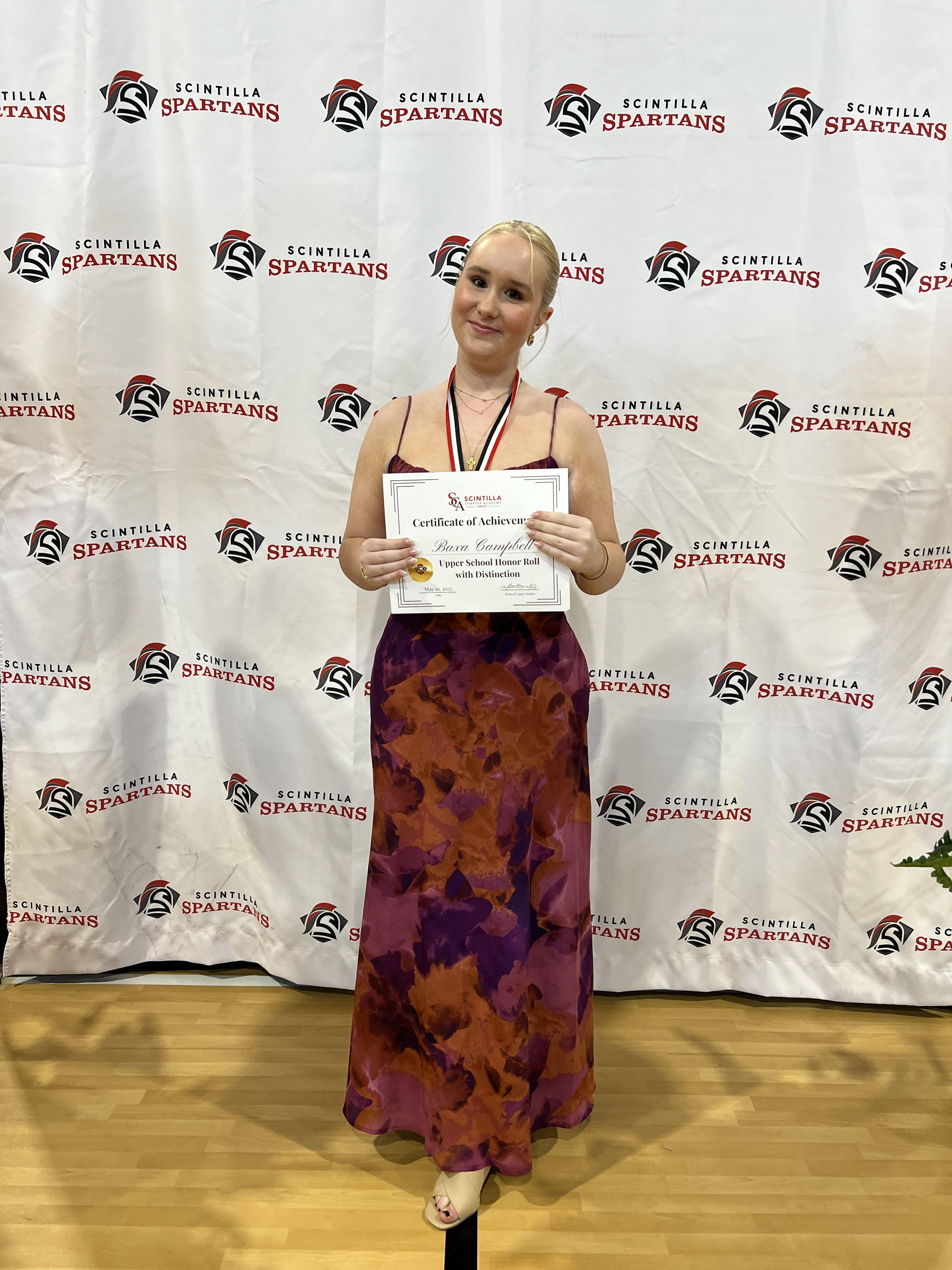State team helps businesses grow
Published 10:00 am Sunday, March 12, 2017
ATLANTA — When starting a new business, it can be hard to know where to go or where to start.
That is where the entrepreneur and small business team of the Global Commerce Division of the Georgia Department of Economic Development comes into play.
Trending
The team focuses on guiding small business, entrepreneurs and start-ups to resources that are best suited to the company’s needs.
The team was started when former Gov. Sonny Perdue wanted to focus more on the state’s small businesses and entrepreneurs, said Mary Ellen McClanahan, director of the entrepreneur and small business team of Global Commerce Division of the Georgia Department of Economic Development.
The Global Commerce Division was tasked with finding what can be done to help small businesses, she said.
The division did a self assessment of what could be done and realized Georgia has a multitude of resources available to small business owners but they were hard to find, McClanahan said.
So next, the division created a network of the resources so business owners, entrepreneurs and start-ups could have better access to state-provided resources.
The division’s final step was to work with local communities and find what the communities needed, what works best and helped each community along the way.
Trending
Once the division started to work directly with the communities, it created the designation “entrepreneur friendly” for cities that opted to receive six months of training on what an entrepreneur is, how to grow small businesses, how to identify small businesses’ needs, how a city can identify its ecosystems — its resources for businesses and how to identify outside resources for businesses, McClanahan said.
In 2004, Valdosta was the first city in the state to receive the designation, she said.
“They jumped on it so quickly,” she said. “Myrna and her team were so incredible.”
She referred to Myrna Ballard and her team at the Valdosta-Lowndes County Chamber of Commerce.
After a city received the designation, it went into review and received facilitation for strategic plans, she said.
After the training, they developed a strategic plan for the community, she said.
The review process was an ongoing event where the team kept in contact with city leadership to review “the good, the bad and the ugly,” McClanahan said.
The entrepreneur and small business team took what it deemed best practices and helped other cities incorporate the practices to help small business sectors in the cities grow.
This led to an annual Entrepreneur Friendly Day that hosted cities with the “entrepreneur friendly” designation, she said. The event allowed communities to share success stories, trade tips and information and hosted outside speakers to help the communities continue to grow and learn how to grow their business communities.
The team also hosted a semi-annual economic summit. The summit was similar to Entrepreneur Friendly Day, but it was open to the public.
Since, the team has disbanded the designation but still offers the same help to any community that is looking to grow or learn how to grow its small businesses and entrepreneurs.
Along with working with communities and city leadership, the team interacts directly with businesses, she said. When the businesses call, the team acts as a “resource brokerage for small business.”
“We get over a thousand calls a year,” McClanahan said. “Most of them are start-ups. We send them to the resource that they need to go to.”
Because the entrepreneur and small business team is part of Georgia’s economic development department, it can easily access most of the state’s resources quickly.
The team helps businesses find new markets, receive grants, build a better business plan and receive financial analysis, McClanahan said.
The team also helps businesses find incentives.
One of the popular incentives the team uses is the Opportunity Zone Tax Credit. An opportunity zone is an area that a community has labeled underdeveloped and wants to grow, she said. However, a community cannot label any area as an opportunity to promote growth in it. They must be “blighted.”
One of the other more popular incentives is the research and development tax credit, McClanahan said. It is fairly straight forward and is designed for start-ups to receive tax credits while doing research and development.
For more information on the entrepreneurs and small business team or to learn more about the resources Georgia has to offer, visit www.georgia.org/small-business.
Jason Smith is a reporter at The Valdosta Daily Times. He can be contacted at 229-244-3400 ext.1256.





